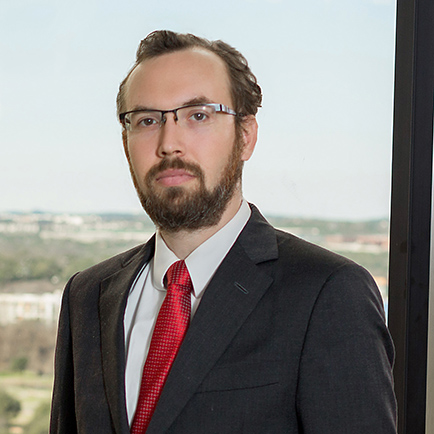On Monday, the U.S. Supreme Court placed new limits on where lawsuits may be filed. In Bristol-Myers Squibb Co. v. Superior Court of California, No. 16–466 (June 19, 2017), the justices, in an eight – one decision, overturned the decision of the California Supreme Court that had allowed hundreds of out-of-state patients who took Bristol-Myers Squibb Co.’s blood-thinning medication Plavix to sue the company in California. The justices ruled that state courts cannot hear claims by nonresidents when the defendant company is not based in the state and the alleged injuries did not occur there. Bristol-Myers is incorporated in Delaware and headquartered in New York.
The underlying lawsuits filed in 2012 against Bristol-Myers involved 86 California residents and 575 nonresidents, alleging that Plavix increased their risk of stroke, heart attack, and internal bleeding. In Bristol-Myers Squibb Co. v. Superior Court of California, 377 P.3d 874 (2016), the California Supreme Court ruled that it could preside over the case because Bristol-Myers conducted a national marketing campaign and sold nearly $1 billion of Plavix in the state. That court applied a “sliding scale” test to specific jurisdiction, concluding that Bristol-Myers’ “wide ranging” contacts with the state were enough to support a finding of specific jurisdiction over the claims brought by the nonresident plaintiffs. That attenuated connection to the state was met, the court held, in part because the nonresidents’ claims were similar in many ways to the California residents’ claims and because the company engaged in other activities in the state.
Writing for the majority, Justice Samuel Alito said the California court erred in ruling that it could hear the case “without identifying any adequate link between the state and the nonresidents’ claim.” On May 30, the Supreme Court reached a similar conclusion in a separate case involving out-of-state injury claims against Texas-based BNSF Railway Co.
In dissent, Justice Sotomayor argued that the California courts appropriately exercised specific jurisdiction over respondents’ claims. First, she observed that Bristol-Myers “purposefully availed itself” of California, inasmuch as it employs over 400 people there, had Plavix sales in that state of nearly $1 billion during the relevant period, and maintains several facilities there engaged in research and development. Second, Sotomayor contended that the nonresidents’ claims “relate to” Bristol-Myers’ instate conduct, because their claims concern conduct materially identical to acts the company took in California: its marketing and distribution of Plavix, which it undertook on a nationwide basis in all 50 States.
But, as the majority observed, the fact that other plaintiffs obtained and used Plavix in California—and allegedly sustained the same injuries as did the nonresidents—does not allow California to assert specific jurisdiction over the nonresidents’ claims, because well-established case law holds that a defendant’s relationship with a third party, standing alone, is an insufficient basis for jurisdiction. This precedent holds true even when the third parties (here, the California plaintiffs) can bring the same claims as those brought by the nonresidents. The majority also suggested that, because its decision was based on the Fourteenth Amendment, federal courts may not be subject to the same restrictions.
Bristol-Myers will operate to limit the ability of plaintiffs to shop for courts in states with laws conducive to such injury lawsuits. Also, as Justice Sotomayor observed, the decision “eliminate[s] nationwide mass actions in any State other than” defendants’ home states, and “it is difficult to imagine where it might be possible to bring a nationwide mass action against two or more defendants headquartered and incorporated in different States.”
For questions related to this e-alert, please contact Kurt Schwarz, Paul Watler, or Peter Hansen.

